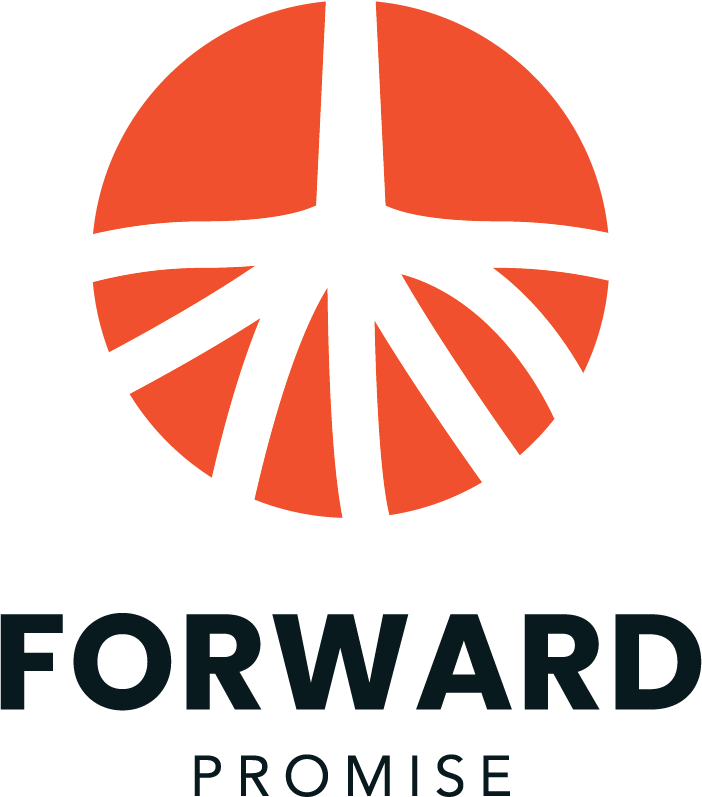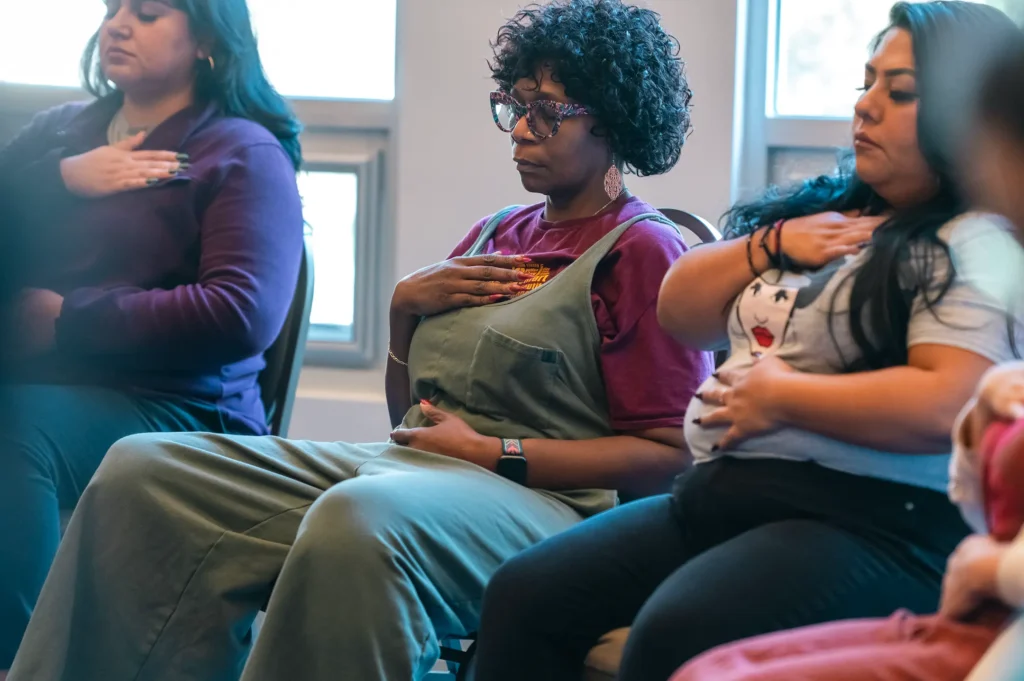Leaders of color fighting for racial justice bear the immense weight of their communities’ struggles, navigating both personal and systemic challenges. The work is critical and deeply meaningful, yet it comes at a cost — burnout is a constant threat. How do we make sure those of us pouring so much into our communities have the time and space to heal?
Leaders of color face a heightened risk of burnout due to the compounded effects of historical trauma and systemic racism. Even funders are beginning to acknowledge this reality — over 40% of funders report that burnout significantly impacts their grantees’ ability to achieve their mission (Center for Effective Philanthropy, 2024).
From my own experience, it’s clear: we must make rest and healing non-negotiable — not just for personal recovery, but as an element of sustainable leadership. Healing-centered engagement and radical healing frameworks provide the solutions we need, addressing both the personal and systemic impacts of racial trauma on leaders of color.
These frameworks, rooted in Black psychology, liberation psychology, and intersectionality, don’t just focus on individual well-being. They are about transforming the structures that perpetuate harm. Healing is framed as a collective prioritizing cultural identity, authenticity, and self-awareness, while tackling the broader systems of burnout and trauma. Too often, leaders of color face isolation and marginalization. Systemic barriers like microaggressions, lack of leadership representation, and tokenism amplify the emotional toll of leadership.
Rest isn’t just about taking a break from work — it’s about dismantling the toxic culture of overwork and burnout. Creating a culture of balance and rest is vital—no more binge writing grants for me. Rest, self-care, and collective care need to be modeled, and I refuse to celebrate or condone the narrative of success that comes after sleepless nights. I don’t support boastful remarks about the grant you received after three sleepless days.
Leaders of color face additional challenges that perpetuate burnout:
- A scarcity mindset, forcing people to do more with less, keeps staff in a constant state of stress and exhaustion. Instead of focusing on long-term solutions or systemic change, staff are stuck reacting to crises with limited resources, feeling depleted and undervalued.
- Secondary trauma from working closely with survivors of trauma and violence. Without proper mental health support or policies that prioritize staff well-being, the emotional toll becomes overwhelming. Compassion fatigue sets in, and the most dedicated advocates are pushed out.
- Reactive responses are common, with organizations addressing symptoms rather than root causes like systemic racism, poverty, and inequity. This crisis-driven approach, frequently dictated by urgent needs and short-term funding models, limits the ability to create long-term, meaningful change. Without the space to tackle structural issues, it is easy to feel hopeless and burned out.
- Unaddressed racial and cultural tensions within organizations dominated by cultures of white supremacy, anti-Blackness, and xenophobia – especially in those serving communities of color. These organizations, even POC-led organizations, often unconsciously operate under norms and standards aligned with white supremacy, such as power hoarding, defensiveness, and perfectionism. Racialized staff are held to higher standards while being given fewer opportunities to experiment, fail, and grow.
Still the urgency remains. The violence we seek to dismantle isn’t just a professional pursuit — it’s about survival. At least, it feels that way for me. When another loved one is murdered, I can’t help but ask: Why do they want to kill us? My mind tries to remember the vibrancy and resilience of our communities, which persists despite deliberate disinvestment and the white supremacist violence inflicted upon us. Moving away from overwork isn’t just about personal recovery; it’s part of the radical shift we need.
Modeling rest, self-care, and collective care is an act of resistance. Our worth is not defined by how much we work. It’s about creating structures that allow us to thrive, addressing both individual and systemic causes of burnout. Radical healing honors the resilience and strength of leaders of color, while pushing for systemic shifts necessary to remove the barriers we face. In my current work, I am fully committed to integrating healing and collective care into my leadership. We must take the time to heal ourselves in order to continue healing our communities. Leaders of color, we need you to not just survive but to thrive as we dismantle white supremacy. Please don’t burnout — REST. By embracing both personal and systemic solutions, we can lead transformative change from a place of wholeness.


